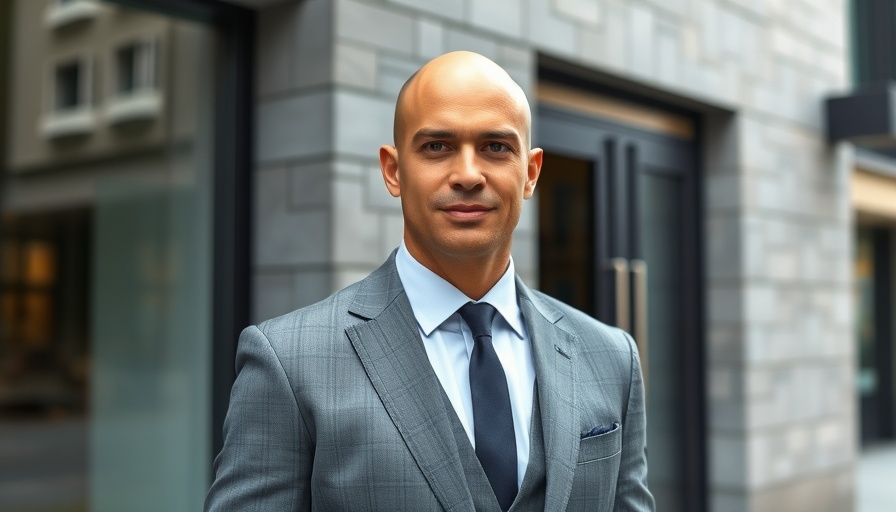
Understanding the Context: A Toxic Work Environment
The ongoing trial of Elias Georgopoulos against the San Francisco Municipal Transportation Agency (SFMTA) offers a stark insight into workplace dynamics characterized by harassment and discrimination. Georgopoulos, a former senior parking control officer, claims he faced both psychological and emotional abuse during his tenure at the SFMTA. As described in earlier testimonies, the toxic workplace environment has not only impacted his career but also his mental well-being, leading him to seek professional intervention. Recognizing the severity of such conditions is crucial, especially as public sector employees often face unique challenges that can contribute to high levels of stress and dissatisfaction.
A Spotlight on Mental Health in the Workplace
The case brings to light the pressing issue of mental health in workplace settings, especially within government organizations. Dr. Elliot Henderson's testimony indicated that Georgopoulos was diagnosed with paranoid personality disorder, underscoring the complexity of mental health challenges faced by employees in stressful environments. As the trial unfolds, it raises important questions about how employers, particularly in the public sector, prioritize mental health support for their workers. Organizations need to foster environments that not only comply with legal standards but also actively promote psychological safety. This situation exemplifies the need for comprehensive health policies that address the holistic needs of public servants in the Bay Area.
The Power of Perception: Credibility in Testimonies
One pivotal aspect discussed in this trial is the credibility of witness testimonies in cases of alleged workplace harassment. Dr. Henderson supported Georgopoulos’s claims, emphasizing that while paranoia can complicate how one's experiences are perceived, it does not invalidate them. His assertion that, despite Georgopoulos's mental health issues, his experiences were legitimate and credible speaks to the broader issue of how institutional culture can dismiss or undermine employee concerns. This is particularly relevant in light of allegations against SFMTA's director of parking enforcement, Shawn McCormick, who has vehemently denied using derogatory language. The contrasting narratives present a challenge for the jury and the larger community to unpack the truth in a way that serves justice.
Connecting with Community: Lessons Learned
Legal battles of this nature resonate beyond mere judicial decisions; they have far-reaching implications for community engagement and trust in institutions. For residents of San Francisco and beyond, understanding these cases is not just about justice for Georgopoulos; it’s also a wake-up call about how local government agencies treat their employees. Effective management practices and empathetic leadership can significantly enhance workplace morale and enrich community relations. As citizens, it is crucial to demand transparency and accountability from public organizations. The outcome of this trial may set precedents that could influence how local governments operate, potentially ushering in reforms that prioritize both employee dignity and public service integrity.
Future Implications: A Call for Action
Looking ahead, the Georgopoulos trial serves as a microcosm for larger societal issues regarding workplace harassment and mental health. The potential ramifications could lead to intensified discussions within the political arena about workplace protections and employee rights. If findings in this case resonate with the public, they may inspire legislative efforts aimed at strengthening protections for all employees in government sectors. It's an opportunity for reform, compelling residents and officials alike to reevaluate how effectively San Francisco supports its municipal employees.
Conclusion: An Urgent Call to Action
The SFMTA trial highlights essential conversations around mental health support, employee rights, and the overall treatment of workers in public service. For our community to thrive, we must collectively advocate for policies that empower and protect all employees. This case not only serves as a reflection of individual experiences but also underscores the responsibility we share to foster safer and more respectful work environments. Engage with your local representatives, demand better mental health resources, and advocate for systems that reflect justice for those like Georgopoulos who seek assistance and recognition of their struggles. Your voice matters in shaping a better future for all.
 Add Row
Add Row  Add
Add 




 Add Row
Add Row  Add
Add 

Write A Comment